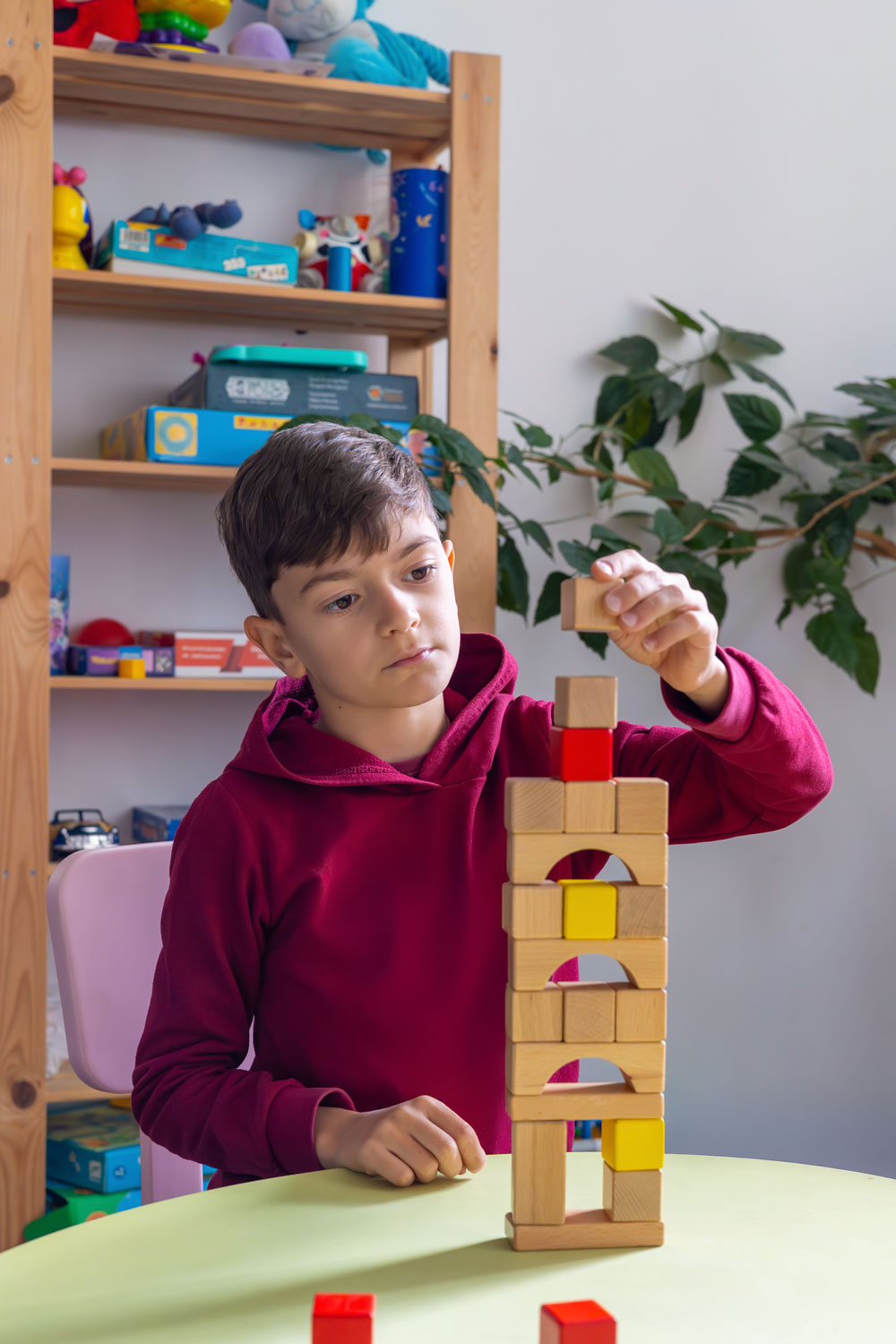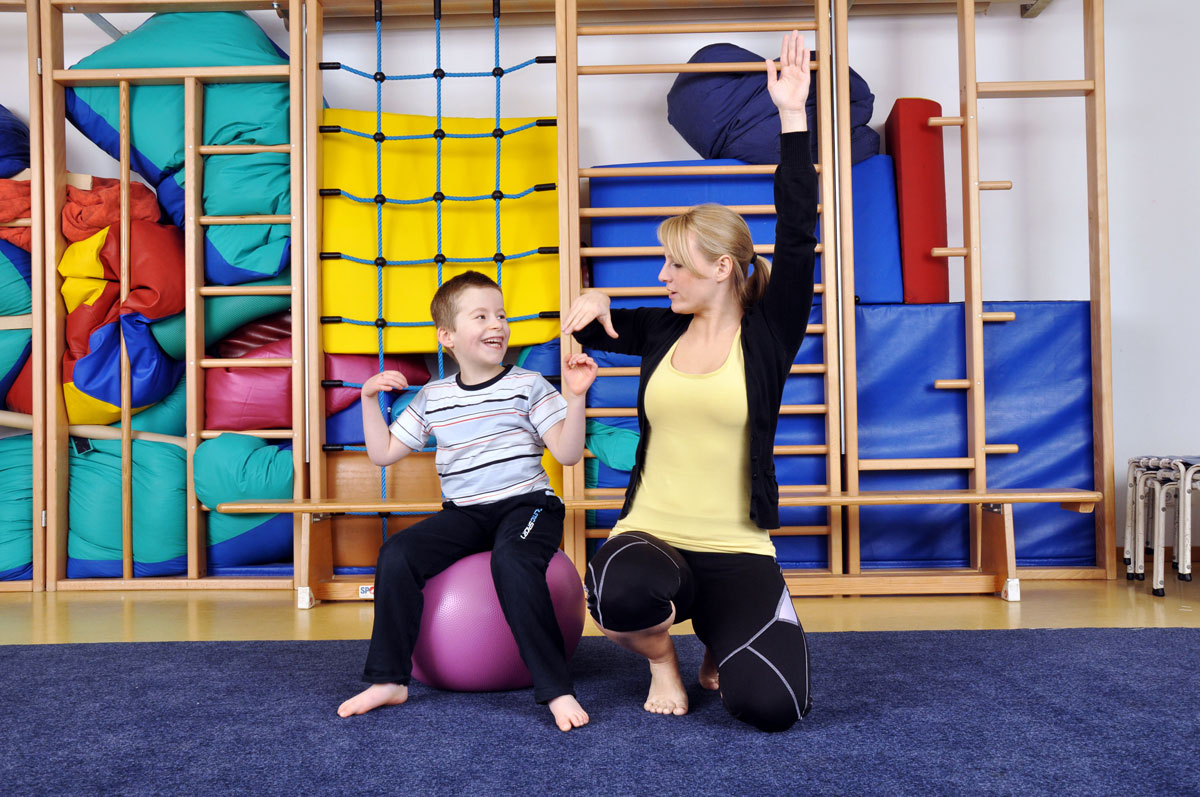
Achieving Maximum Functional Independence
The Inspire Center OTs will:


Did You Know?
All Occupational Therapists are registered with the College of Occupational Therapy of Ontario. As licensed professional practitioners they help clients, and their families develop skills to achieve independence that promotes a healthy satisfying lifestyle at home and school.
Frequently Asked Questions (FAQs) about Occupational Therapy
Children and youth (up to 19 years of age, or 21 if they are attending secondary school) who reside in the districts of Cochrane and Temiskaming and communities in the James Bay area.
Pediatric occupational therapy helps children develop the skills they need for daily activities such as dressing, feeding, writing, playing, and social interactions.
If your child struggles with fine motor skills, self-care tasks or processing sensory stimuli, an occupational therapy assessment can help determine if support is needed.
Occupational therapists help children with:
- Delayed fine motor skills (e.g., trouble holding a pencil or using scissors)
- Sensory processing difficulties
- Difficulty with self-care tasks (dressing, eating, hygiene)
- Handwriting challenges
- Attention and focus issues
- Autism spectrum disorder (ASD)
A therapist will evaluate your child’s motor skills, sensory responses, and daily activities to create a personalized therapy plan that supports their needs.
Therapy may include:
- Hand-eye coordination and fine motor exercises
- Sensory integration activities
- Play-based learning strategies
- Self-care training (dressing, feeding, hygiene)
- Recommendations of equipment and/or accommodations
The duration of therapy varies based on your child’s progress and needs. Some children benefit from short-term support, while others may need ongoing therapy.
Yes! Occupational therapists use sensory integration techniques to help children regulate their responses to sounds, textures, movement, and other sensory inputs.
Therapists provide strategies and activities for parents to practice at home, such as sensory-friendly routines, fine motor exercises, and adaptive tools for daily tasks.
Yes! Sessions are designed to be engaging and play-based, making therapy enjoyable while helping children develop essential life skills.
A referral for Occupational Therapy services at Inspire Centre does not require a doctor’s referral. Referrals can be made by caregivers directly through our website or by contacting Inspire Centre directly.
